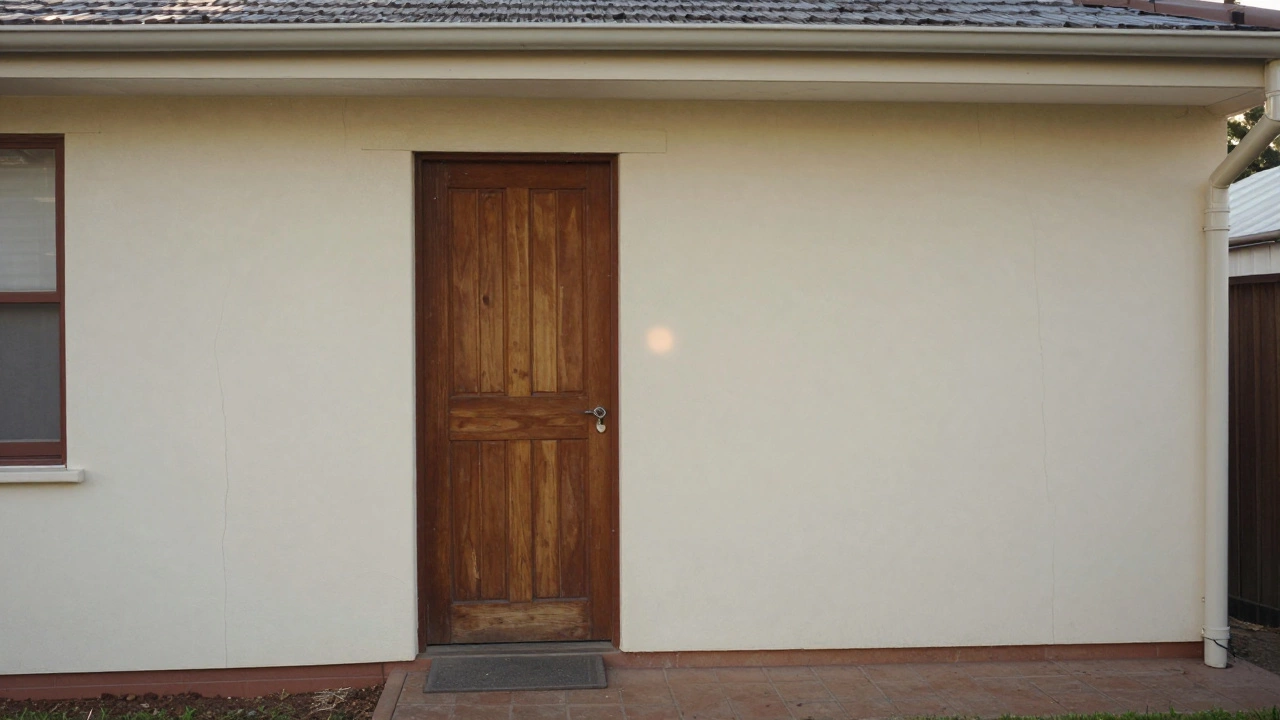Construction Salaries: What Workers Earn in the UK
When you think about construction salaries, the amount of money earned by people working in building and renovation projects across the UK. Also known as building industry pay, it varies wildly depending on skill, location, and experience. This isn’t just about hourly rates—it’s about whether a bricklayer in London makes twice what one in Belfast does, or why a site manager with five years under their belt earns more than a qualified electrician starting out.
Trade salaries, the earnings for skilled workers like plumbers, electricians, carpenters, and plasterers. Also known as skilled trades pay, are often higher than you’d expect, especially with overtime and call-outs. A good electrician can clear £40–£60 an hour on a job, and that’s before weekend premiums. Meanwhile, construction worker pay, the broader range of earnings for everyone from laborers to project coordinators. Also known as construction labor wages, includes roles that don’t require formal qualifications but still demand physical stamina and reliability. An apprentice might start at £12 an hour, but by year three, they’re often pulling £20+—and that’s without even getting their full certification.
Location makes a huge difference. A roofer in Manchester might earn £350 a week, but move them to central London and that jumps to £500+ just for the same job. Why? Demand, cost of living, and how many crews are competing for work. The same goes for UK construction wages, the average income levels across the entire UK building sector. Also known as building sector pay, where regional disparities aren’t just noticeable—they’re dramatic. Scotland and the South East pay more than the Midlands or North East, even for identical roles.
It’s not just about who’s holding the hammer. Project managers, site supervisors, and health and safety officers earn significantly more because they carry the liability and responsibility. A junior site supervisor might start around £35,000 a year. With experience, that can hit £60,000+—and that’s before bonuses or company vehicles. Meanwhile, a general laborer might make £28,000–£32,000, depending on the company and contract length.
What’s driving these numbers? Shortages. There aren’t enough qualified tradespeople to meet demand, especially after Brexit and the pandemic. Companies are paying more just to keep staff. The government’s push for green building and retrofitting older homes has also created new roles—like energy efficiency assessors and insulation specialists—that didn’t exist a decade ago and now pay premium rates.
And don’t forget the hidden factors: travel time, tool costs, and whether you’re employed by a firm or working as a freelancer. Many tradespeople are self-employed, which means they cover their own insurance, van maintenance, and taxes. That £50 an hour? After expenses, it might be £30. But the freedom and potential to scale make it worth it for many.
What you’ll find below are real, practical breakdowns from people who’ve been on the ground. We’ve pulled together posts that show exactly how much different roles earn, where the money’s best, what skills pay off fastest, and how to move up without going back to school. No fluff. Just numbers, stories, and what actually moves the needle in this industry.


